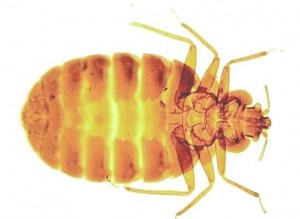
Bed Bugs Mansfield, a part of Pest Control Nottinghamshire is a professional Pest Control company covering all aspects of Bed Bugs in all Mansfield areas. You will find our prices reasonable and our work is always carried out to a high standard. We also use the latest chemicals to ensure eradication of Bed Bugs.
WE HAVE SAME DAY APPOINTMENTS TOO
We undertake both domestic and commercial properties throughout Mansfield and our team will also talk you through each step of the way and discuss with you how to deter Bedbugs from your home in the future.
We do not have call-out charges and we are able to come out to your home the same day, even if it’s just advice that you require pick up the phone and give Pest Control Nottinghamshire our helpful team a call today.
Call Our Bed Bugs Experts at Pest Control Nottinghamshire Today On: 0115 9375117
About Bed Bugs:
Adult bedbugs are reddish-brown, flattened, oval, and wingless. Bedbugs have microscopic hairs that give them a banded appearance. Adults grow to 4 – 5 mm in length and 1.5 – 3 mm wide. Newly hatched nymphs are translucent, lighter in color and become browner as they mouth and reach maturity.
Bedbugs use pheromones to communicate regarding nesting locations, attacks, and reproduction.
The life span of bedbugs varies by species and is also dependent on feeding.
Bedbugs are (bloodsucking) insects. Most species feed on humans only when other prey is unavailable. Bedbugs are attracted to their hosts primarily by carbon dioxide, secondarily by warmth, and also by certain chemicals.
A bedbug pierces the skin of its host with two hollow feeding tubes. With one tube it injects its saliva, which contains anesthetics, while with the other it withdraws the blood of its host. After feeding for about five minutes, the bug returns to its hiding place.
Bedbugs are (bloodsucking) insects. Most species feed on humans only when other prey is unavailable. Bedbugs are attracted to their hosts primarily by carbon dioxide, secondarily by warmth, and also by certain chemicals.
Although bedbugs can live for a year without feeding, they normally try to feed every five to ten days. In cold weather, bedbugs can live for about a year; at temperatures more conducive to activity and feeding, about 5 months.



